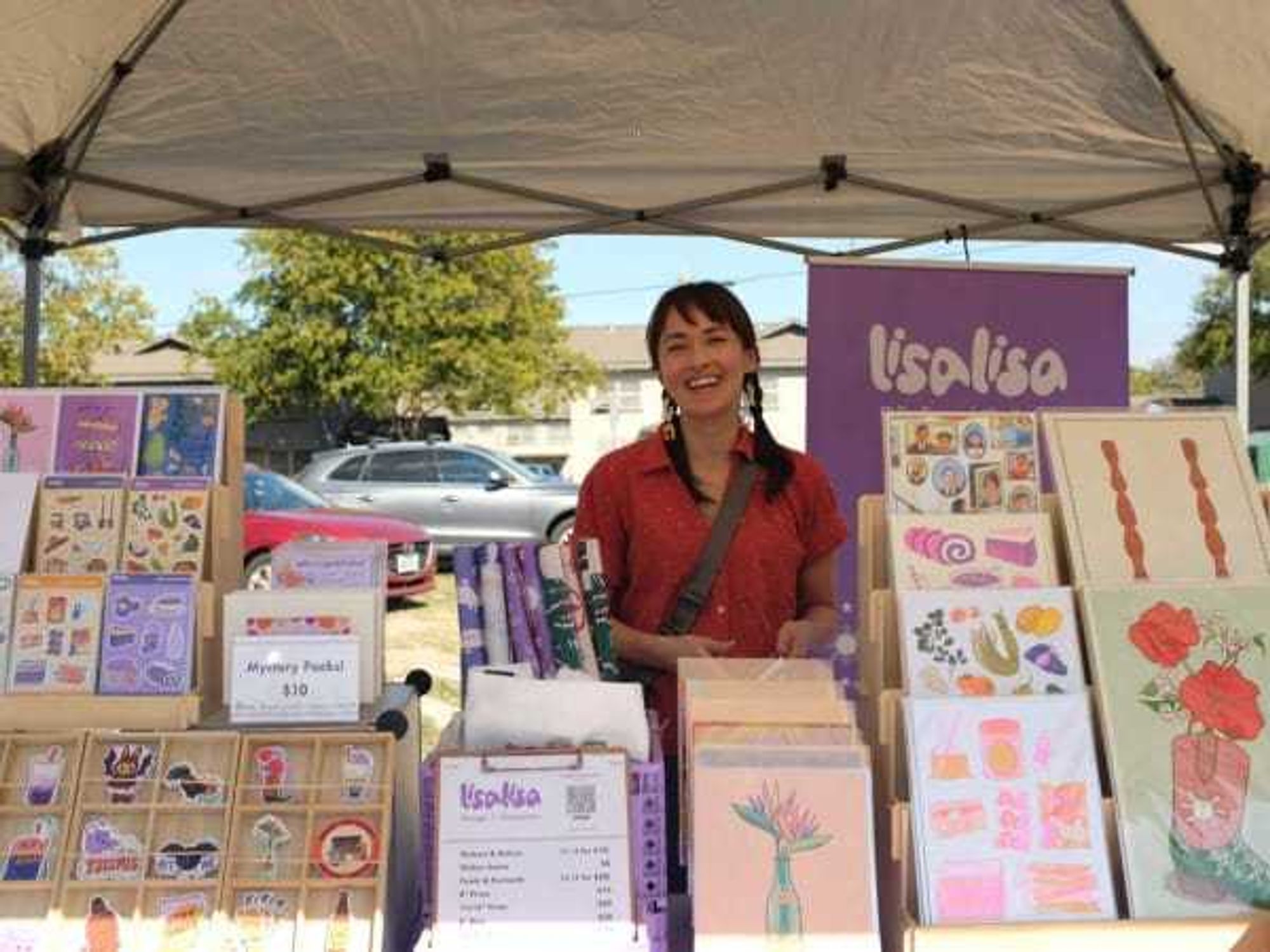Set Sail for Theatre
Playwright Finegan Kruckemeyer on treating kids and adults as equals in theatre
Determining how to entertain the kids for the weekend is a difficult task for many parents, especially if the adults hope to settle on something they can enjoy just as much as the youngsters. While that quandary gives performing artists the difficult task of creating entertainment that appeals to both young and old, playwright Finegan Kruckemeyer feels that any audience ought to be treated with equal respect of maturity.
Born in Ireland and growing up in Australia, Kruckemeyer made a name for himself with over 50 commissioned plays performed across five continents. Bridging the gap between children and adults, one of Kruckemeyer’s latest works, Boats, will make landfall at the Stateside Theatre at the Paramount on April 13 and 14.
Boats tells the story of two mariners, Nic and Jof, as they travel the high seas to escape their pasts and seize new adventures. The production features puppets, acrobatics, singing and live sound effects for an exhilarating performance. Kruckemeyer took the time to discuss the ideas behind Boats and to talk about his passion for writing plays for all generations of theatre lovers.
CultureMap: What is it that inspired your love for theatre and drove you to become a playwright?
Finegan Kruckemeyer: When I moved to Australia with my family as a kid, there was a youth theatre in our suburb, and I found myself to be a lover of these weekly drama workshops. Through the pleasure of studying performance, I discovered the pleasure in watching performance, and then finally the pleasure in making performance. The fact that this was as a writer stems from my absolute love of words, which stretches back as far as I can remember.
"Sorry to be semantic, but the most crucial thing I think a children’s playwright needs is to acknowledge the maturity of this storytelling. All too often, children miss out on big ideas in their work."
I think its magic lies in the fact that a thought which would otherwise exist only for a moment, can then be captured for a long time, can be shared with others, can take on new meanings, and will eventually not even need you anymore. What an astounding property.
CM: What made you decide that writing theatre for children would be your main focus?
FK: I must admit I haven’t really. I very much enjoy writing for children – and being a full-time playwright, the majority of my current commissions seem to be for this audience. But in truth I just write stories because I love writing stories. And the specifics of those sat on the receiving end doesn’t matter so much – my task is to write as best I can, so that whoever the viewer, children or adult, they will hopefully take something away.
CM: Just how different is it to write children's theatre as compared to more mature theatre? Do you feel there are important goals children's playwrights should keep in mind when writing so that they can have the best effect on young audiences?
FK: Sorry to be semantic, but the most crucial thing I think a children’s playwright needs is to acknowledge the maturity of this storytelling. All too often, children miss out on big ideas in their work, on brave characters who face real challenges, on epic landscapes and three-dimensional protagonists.
The only goal I set myself is to write the best piece of theatre I can, which treats the audience with enough respect to take them on an emotional journey that will marry both joy and struggle.
CM: Many of your works have been performed all around the world. Is it difficult to write plays that can translate across different cultures? Is it another important element that you keep in mind when writing?
FK: No. I have real faith in the fact that a work which succeeds in one theatre, in one country, will then have the potential to also do well in others. I love waving a play off as it heads overseas, and I love knowing that the audiences met anywhere will enter possessing the same humanity, will read the same allegories into the work, and will care, judge, or commiserate with a character in the same way.
CM: For Boats, what have been the greatest inspirations behind its creation, and what do you most want an audience to take away from it? Any major lessons, perhaps?
FK: The nautical theme was the strongest factor, and our creative team began in a room filled with the flotsam and jetsam of the sea – this inspired everything that came after.
And I always love a tale told on an ocean (boats have somehow made their way into many of my plays!) because it becomes a story that starts as a limitless thing, and then finds its own journey – just as a captain crossing an ocean, or a person crossing a lifetime does. I guess that would be the only lesson in it – that life has innumerable possibilities, and that the ones we choose to take end up defining us.
---
Tickets are now available for Finegan Kruckemeyer's Boats Saturday and Sunday, April 13 and 14, at Stateside at the Paramount

 Asian vendors gathered for Tayo Na launch part, which celebrated the area's
Asian vendors gathered for Tayo Na launch part, which celebrated the area's  Asian Season ATX celebrates Asian Heritage Month at Austin Beerworks.Photo by Joi Conti Photography
Asian Season ATX celebrates Asian Heritage Month at Austin Beerworks.Photo by Joi Conti Photography